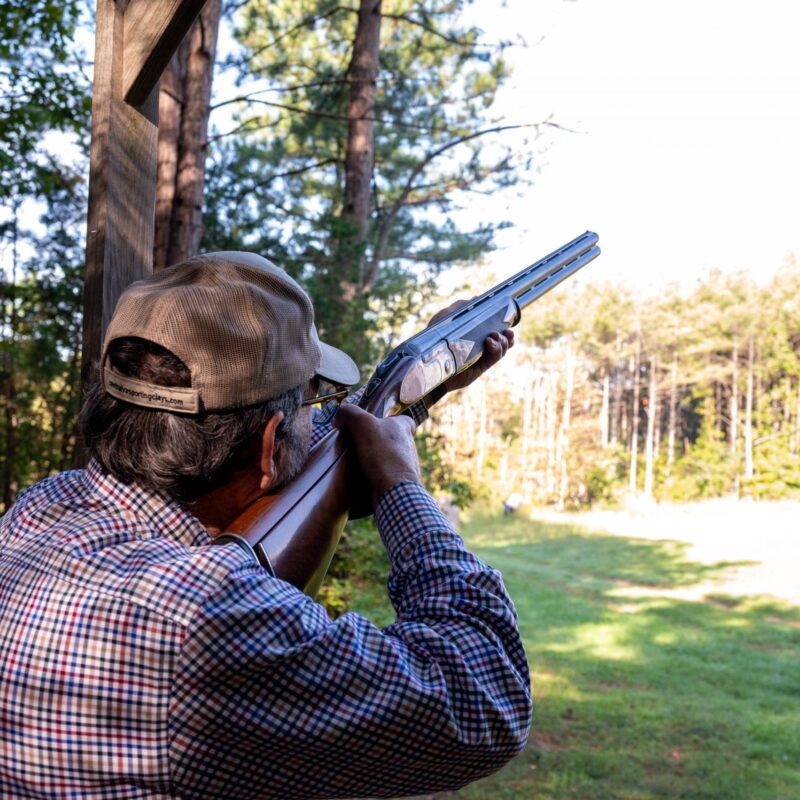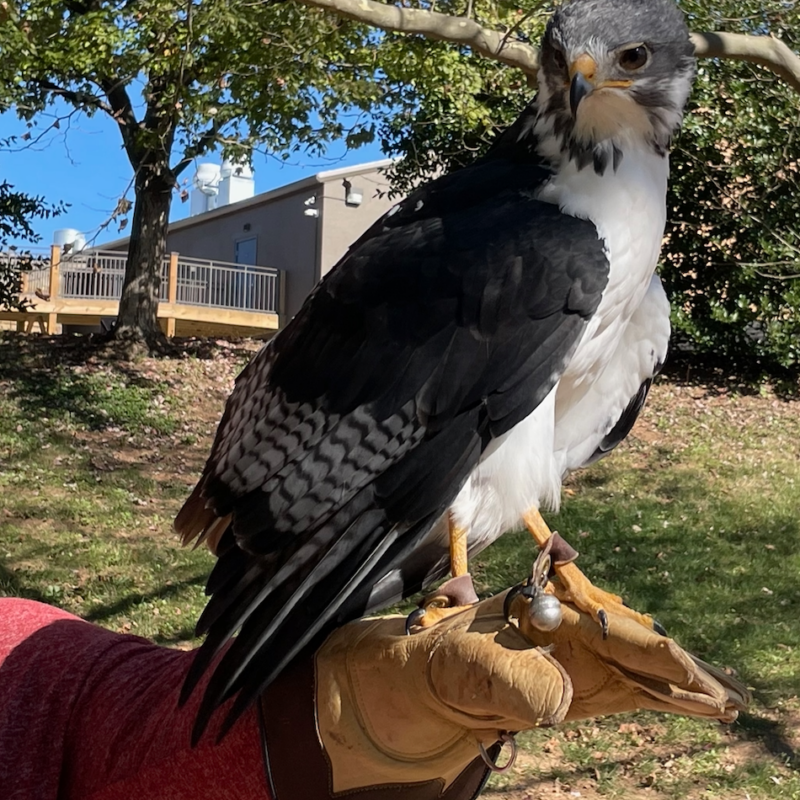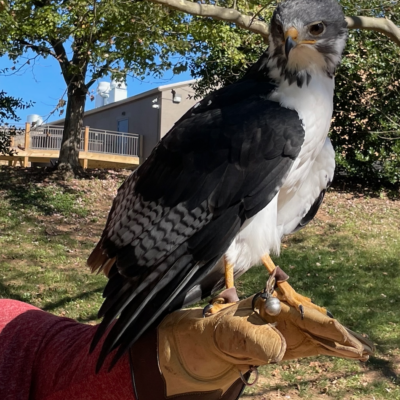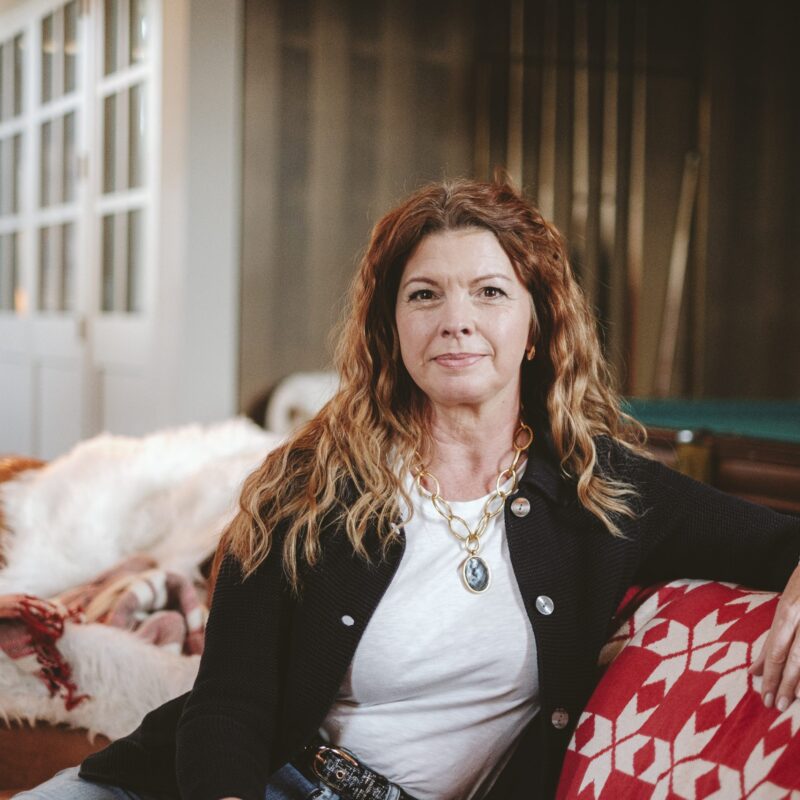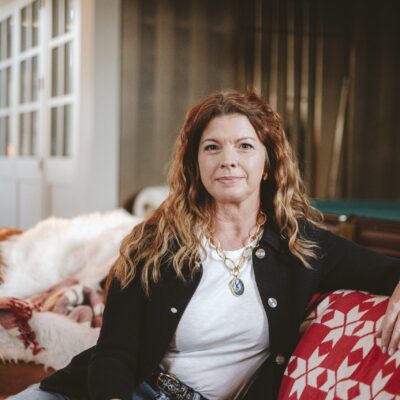It’s not your usual student housing. That dorm feeling—hard surfaces, the smells of bleach and beer—seems very far away from the cosy Jefferson Park Avenue house where six people, most of them UVA grad students, make their cooperative home. They’re members of CHUVA (short for Co-operative Housing at the University of Virginia), meaning they pool resources to buy food, organize potlucks and Halloween parties with their two sister houses, and behave more like a family than a bunch of disconnected roommates.
|
Hanging with the hang-out crowd: From left, Emily Rogers, Michael van den Bossche, Shoukoufeh Dianat, and Daniel Weiss. |
They also spend a lot of time on their porch. It’s a roomy one, with a very high ceiling, attached to the side of their century-old brick house. There isn’t a ton of furniture—two mismatched tables and some odd chairs—but the congenial feeling more than makes up for a lack of accoutrements. “Emily and I spent the whole night out here last night, on our computers, working away,” says one member. “It was so nice out here with the cicadas humming….” Members eat communal meals here, play Boggle and practice harmonica. They’ve also been known to watch movies on a TV balanced in a porchside window.
Of course, the thing about a porch is that, sitting there, you both see and are seen. Other co-opers stop by on their way past, leaning on the railing to chat. And members laugh about the reaction they get when they explain where they live: “Oh, you all are the people who eat outside?”
•
Michael: Compared to the other places I visited, for some reason this place really seemed to offer a homey environment. You come back to a home instead of just to a room on campus. It’s like my family on this side of the ocean.
Daniel: We have a lot of international students—maybe more than U.S.-born? We have a map where we put pins of where everyone’s from—I think we have five continents now.
I had been in a co-op in undergraduate, a 40-person co-op at Princeton. Five people cooked dinner each night for rest of the people. We had the big boxes of bulk produce. I really liked that; that was a formative part of my undergraduate experience.
I also like that, in terms of living in a house rather than an apartment, we’re able to do more things—we have a clothesline out back, a big compost bin that Shou and her dad built together. We have a community garden plot [at Azalea Park].
Shoukoufeh: Our neighbors stop by and say hi to us on the porch.
Daniel: It’s also the first sight you get when you’re walking home from Grounds. I’ll see Michael sitting on the porch and wave even before I get inside.
[At communal meals] we’ve usually got enough room to put all the serving dishes on the table. Sometimes they’re on the floor. We’re just passing the dishes around; a lot of times people walk by and we’ll offer them food.
[As the weather turns cold, we ask,] ‘When do we have to have the first dinner inside? At what point in the fall?’
Shoukoufeh: I think we’re gonna use candles in the winter. Candlelight dinner.
Michael: Snow clothing or whatever. I don’t think neighbors would consider us to be any stranger, sitting out here eating when it’s snowing.

